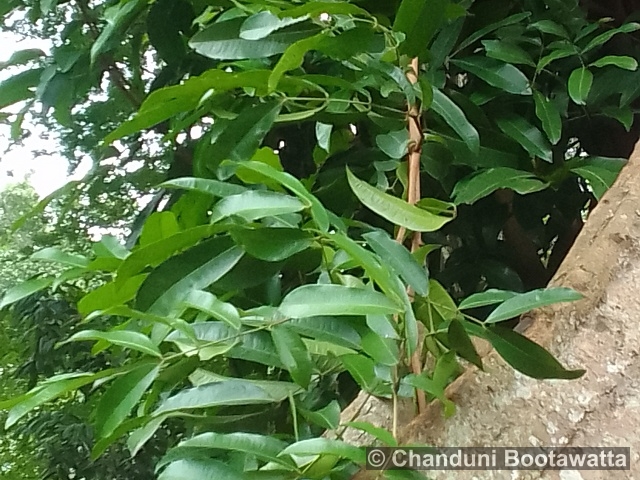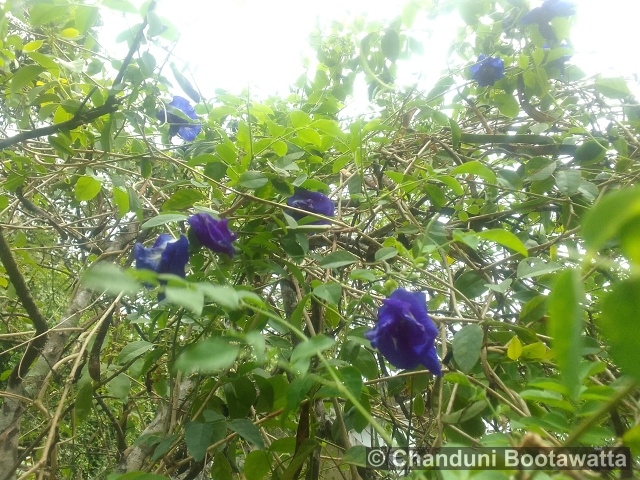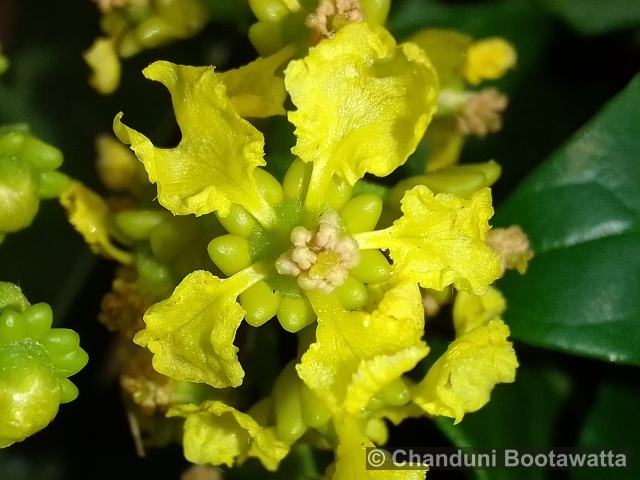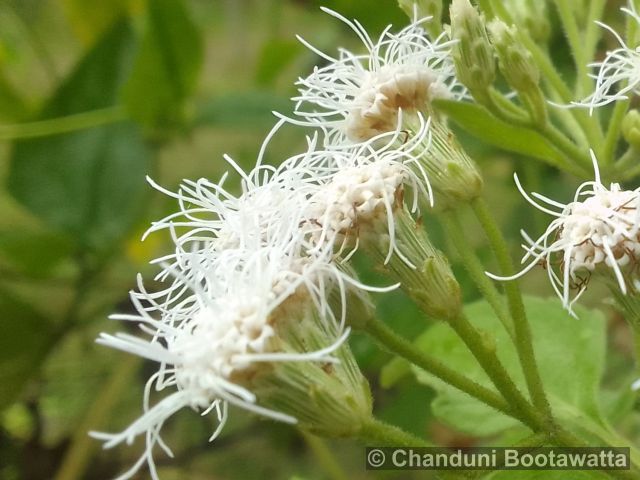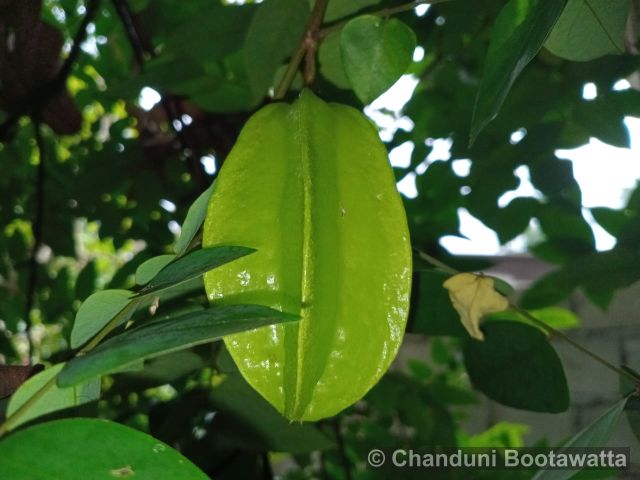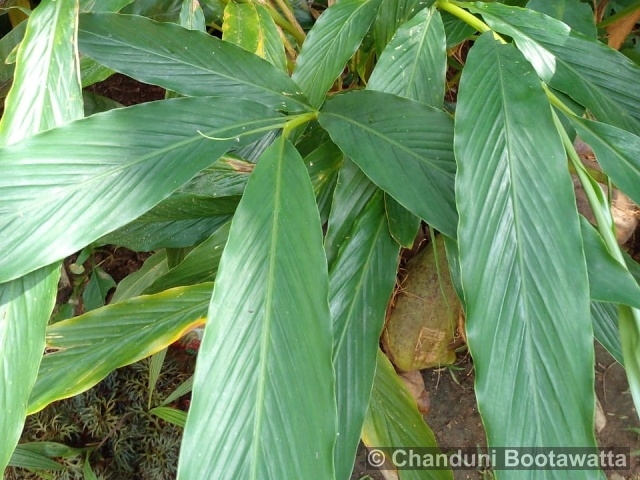Tento příspěvek byl přečten389krát!
Yellow Karade, Karade, vanuatu
Syn.: Hedysarum umbellatum L.; Desmodium umbellatum (L.) DC.; Ormocarpum umbellatum (L.) Desv.; Meibomia umbellata (L.) Kuntze; Hedysarum arboreum Roxb.; Hedysarum australe Willd.; Desmodium australe (Willd.) DC.; Dendrolobium australe (Willd.) Benth.; Desmodium cumingianum (Benth.) Benth.; Hedysarum ellipticum Miq.
Family – Fabaceae, bobovité
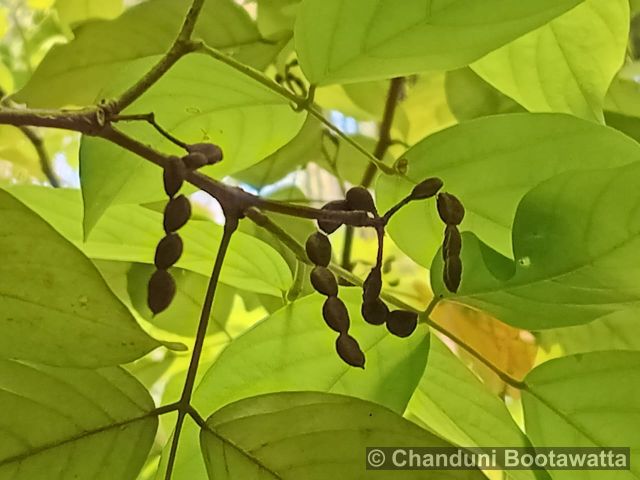
Description: Perennial shrub in the Fabaceae family, known for its trifoliate leaves with three elliptical green leaflets and small pink to purplish flowers arranged in elongated racemes. The plant produces flat, green pods segmented into 6–8 joints, which contain small seeds. It has a slender woody trunk and a deep taproot system. Found in tropical and subtropical regions.
Substitutions – Desmodium gangeticum: A closely related species, often used for its anti-inflammatory and fever-reducing properties. – Desmodium styracifolium: Known for similar medicinal uses, especially for its ability to treat digestive issues and respiratory conditions. – Desmodium triflorum: This species shares some therapeutic properties like its anti-inflammatory and anti-bacterial effects.

Ecology: Desmodium umbellatum thrives in well-drained, fertile soil with a slightly acidic to neutral pH (6.0-7.5). It prefers high humidity (60%-80%) and moderate watering, though it is drought-tolerant once established. The plant grows best in warm temperatures (25°C-35°C) and full sun, but can tolerate partial shade. It is sensitive to frost and prefers frost-free regions.

General Distribution: Widely distributed in tropical and subtropical regions of Asia, including India, Sri Lanka, and parts of Southeast Asia, typically found in grasslands, forest edges, and disturbed soils.
Use: It is widely used in traditional medicine for its anti-inflammatory, antipyretic, and digestive properties. Additionally, it enriches soil fertility by fixing nitrogen, making it ecologically valuable.

Author of text and photos Chanduni Bootawatta.
Photographed in Peradeniya, Sri Lanka on 22 December 2024.



 Poslat emailem
Poslat emailem